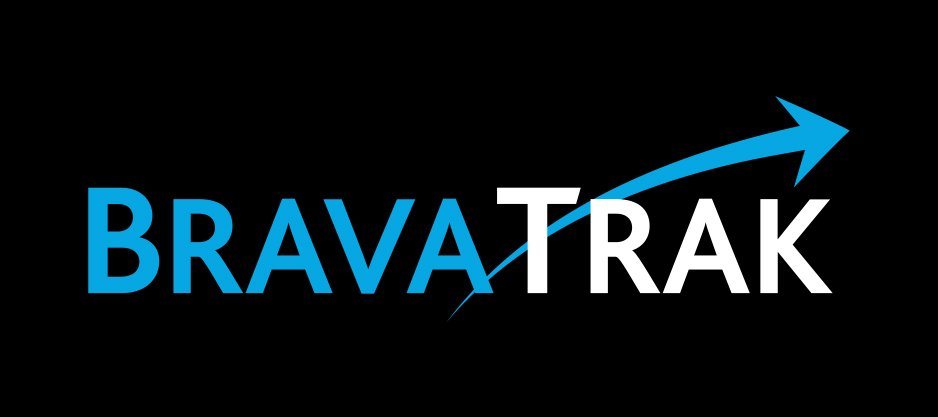A Better Way To Measure First Call Resolution In Your Contact Center
Transcript
Hi guys, this is Blair from BravaTrak, helping contact centres increase agent performance by 11% in 7 months, guaranteed.
I've been thinking further about contact centre metrics, and it might be useful for me to provide another example of the difference between business results and agent objectives.
You'll recall from an earlier episode, I suggested that it's useful to consider your metrics at two levels.
Firstly, there are those metrics which are the business results that you're seeking, but over which individual agents have minimal control. And secondly, there are those metrics over which individual agents have a higher level of control, which I call objectives. It's these metrics on which you'll find it useful to focus and manage your frontline agents.
Now, I gave you a 'speed to answer' versus AHT example in the earlier episode. But here's another example. Many contact centres are now focusing their agents on 'first call resolution'. That's one of the important outcomes they're seeking. But the question is, "Is 'first call resolution' a business result, or is it an agent objective?"
Well, assuming you're tracking 'first call resolution' using customer numbers, then I'm going to suggest it's a result.
Here's why.
If a customer calls back within a defined period of time, the agent who takes the second call has no control over the callback. It's literally impossible for them to resolve the call on the first contact because they didn't take that call.
Now, while you're definitely going to track 'first call resolution', it's not the right metric on which to manage agent performance. So what is?
Well, that would be the percentage of agent interactions which don't require a customer to call back within a defined period of time, let's say three days. You could call that metric 'active client resolution'.
Now every call an agent takes, they have a high level of control over whether they resolve the issue being presented by the customer or not.
Using the right level of metrics is critical for you being able to manage and motivate your agents for high performance. The easy way to do this? For each metric for which you're holding your agents accountable, simply ask yourself this question; "Is this a metric over which an individual agent has a lower influence, or is it one over which they have a higher level of control?"
Well, that's my take. What do you think?
